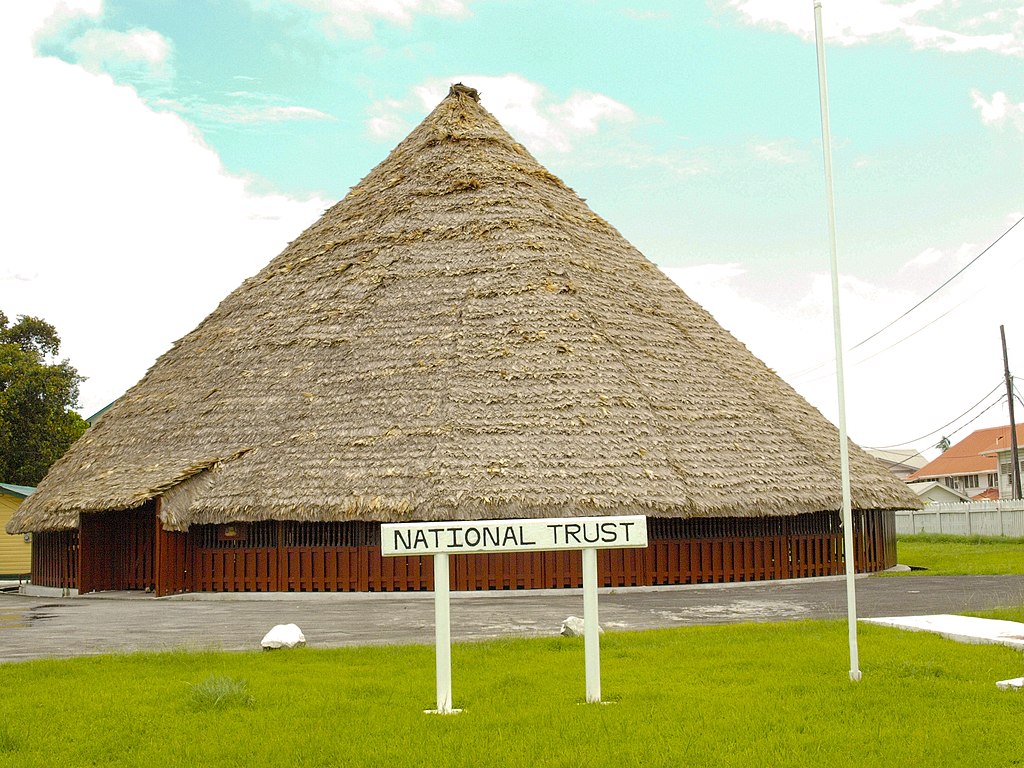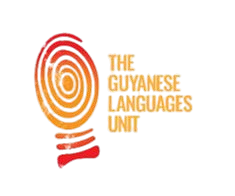
Proposal to the National Toshaos Council 2017
Thursday, February 6, 2025 - 10:34This is an extract of the document submitted by The Informal Working Group for Language Policy and Language Rights in Guyana to the National Toshao’s Council, concerning indigenous language rights and preservation:
PROPOSAL
To: The National Toshaos Council (NTC) Meeting 2017
From: The Informal Working Group for Language Policy and Language Rights in Guyana, University of Guyana
Subject: Message to the National Toshaos Council (NTC
Date: 21 August, 2017
…………………………………………………………………………………………………………………………………
BACKGROUND
A. The United Nations Declaration on the Rights of Indigenous peoples (Ref. Articles 13, 14, 16) states that …
Article 13
- Indigenous peoples have the right to revitalize, use, develop and transmit to future generations their histories, languages, oral traditions, philosophies, writing systems and literatures, and to designate and retain their own names for communities, places and persons.
- States shall take effective measures to ensure that this right is protected and also to ensure that indigenous peoples can understand and be understood in political, legal and administrative proceedings, where necessary through the provision of interpretation or by other appropriate means.
Article 14
- Indigenous peoples have the right to establish and control their educational systems and institutions providing education in their own languages, in a manner appropriate to their cultural methods of teaching and learning.
- Indigenous individuals, particularly children, have the right to all levels and forms of education of the State without discrimination.
- States shall, in conjunction with indigenous peoples, take effective measures, in order for indigenous individuals, particularly children, including those living outside their communities, to have access, when possible, to an education in their own culture and provided in their own language.
Article 16
- Indigenous peoples have the right to establish their own media in their own languages and to have access to all forms of non-indigenous media without discrimination.
- States shall take effective measures to ensure that State-owned media duly reflect indigenous cultural diversity. States, without prejudice to ensuring full freedom of expression, should encourage privately owned media to adequately reflect indigenous cultural diversity
B. Indigenous languages of Guyana (and elsewhere) are in danger of becoming dead languages. As an ever increasing number of languages disappear, so too do the cultures of the people who speak these languages. The world loses the wisdom, knowledge, problem-solving and other perspectives of these civilisations.
C. The Global Education Monitoring Report (UNESCO) Policy Paper 24 of February 16, 2016, “If you don’t understand how can you learn?’ announced six essential messages:
- Children should be taught in a language they understand. Yet as much as 40% of the global population does not have access to education in a language they speak or understand.
- Speaking a language that is not spoken in the classroom frequently holds back a child’s learning, especially for those living in poverty.
- At least six years of mother tongue instruction is needed to reduce learning gaps for minority language speakers.
- In multi-ethnic societies, imposing a dominant language a school system has frequently been a source of grievance linked to wider issues of social and cultural inequality.
- Education policies should recognize the importance of mother tongue learning.
- Linguistic diversity creates challenges within the education system, notably in areas of teaching, notably in areas of teacher recruitment, curriculum development and the provision of teaching materials
D. Colloquium 2016: Languages of Guyana—Theory, Policy and Practice in education and beyond was held at the University of Guyana during August 10 and 11, 2016. This colloquium was an initiative of the Informal Working Group for Language Policy and Language Rights in Guyana within the Department of Language and Cultural Studies of the Faculty of Education and Humanities. Out of this colloquium participants made several recommendations for the way forward. One of the main recommendations was the invitation that the working group present the Charter for Language Policy and Language Rights in the Creole Speaking Caribbean to the NTC with recommendations for implementation.
We therefore recommend that the National Toshaos Council take the following actions:
i) discuss and sign the Charter for Language Policy and Language Rights in the Creole Speaking Caribbean
ii) support the drive to set up a national council on languages in keeping with the recommendations of the charter
iii) adopt a position which demands the formal use of the indigenous languages in education in Guyana, starting with Early Childhood and Primary School
iv) adopt the principle of Mother Tongue Education in the indigenous communities over which it has responsibility
v) adopt the principle of the need to preserve and revive those indigenous languages which are no longer being learnt and used by children and young people
vi) support bilingual and trilingual education projects which involve, as appropriate
a) indigenous language as native language/mother tongue and English [and optionally Creolese], or
b) Creolese as native language/mother tongue, indigenous language as second language, and English
vii) call for an amendment to the constitution that would provide for ‘freedom from discrimination on the ground of language’.
viii) in relation to mother tongue education in the indigenous languages and Creolese, authorize and support
- the development, where necessary, of writing systems and
- the training of teachers already competent in these spoken languages, to use these writing systems
- the development of the terminology in these languages needed to teach specialized school concepts
- the development of reading material at the infant and primary levels to support literacy in the indigenous languages and Creolese,
- the development of an appropriate teacher education process, in anticipation of implementation in 2017,
- coordination between the existing UNICEF/Government of Guyana early childhood education in indigenous mother tongues and the proposals coming from the Colloquium.
